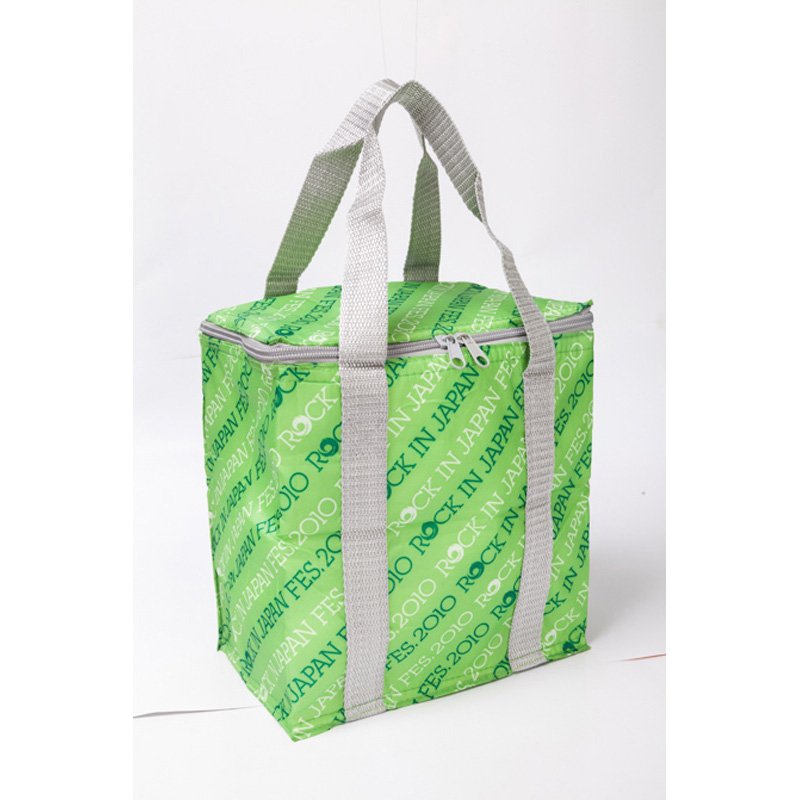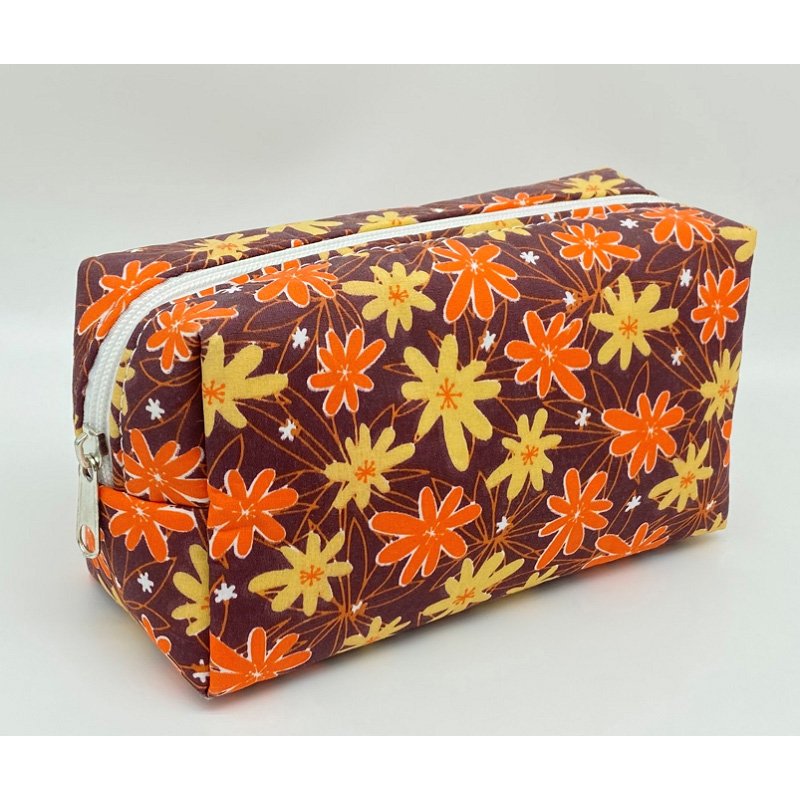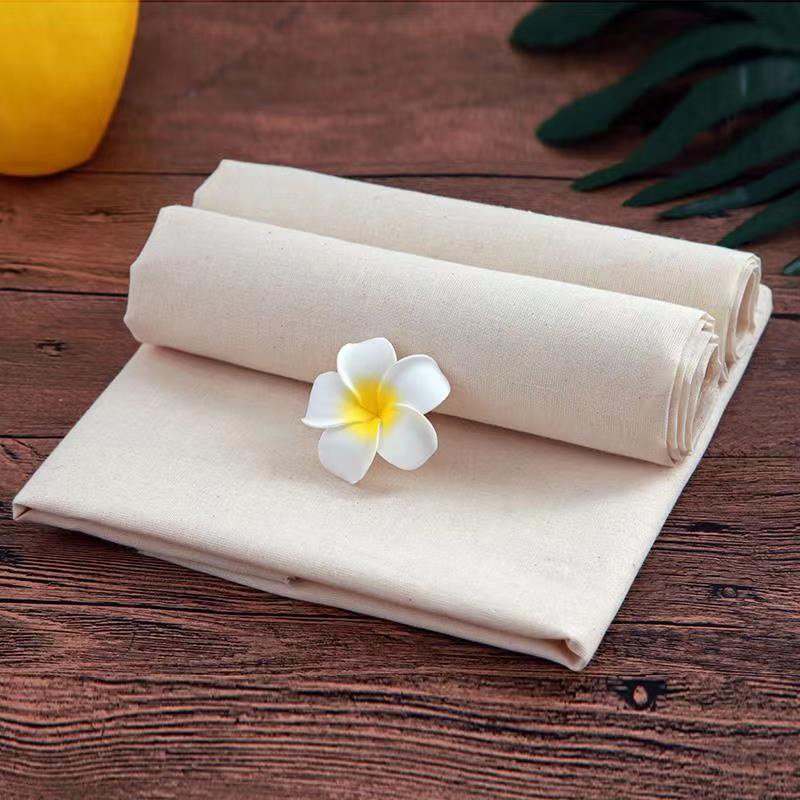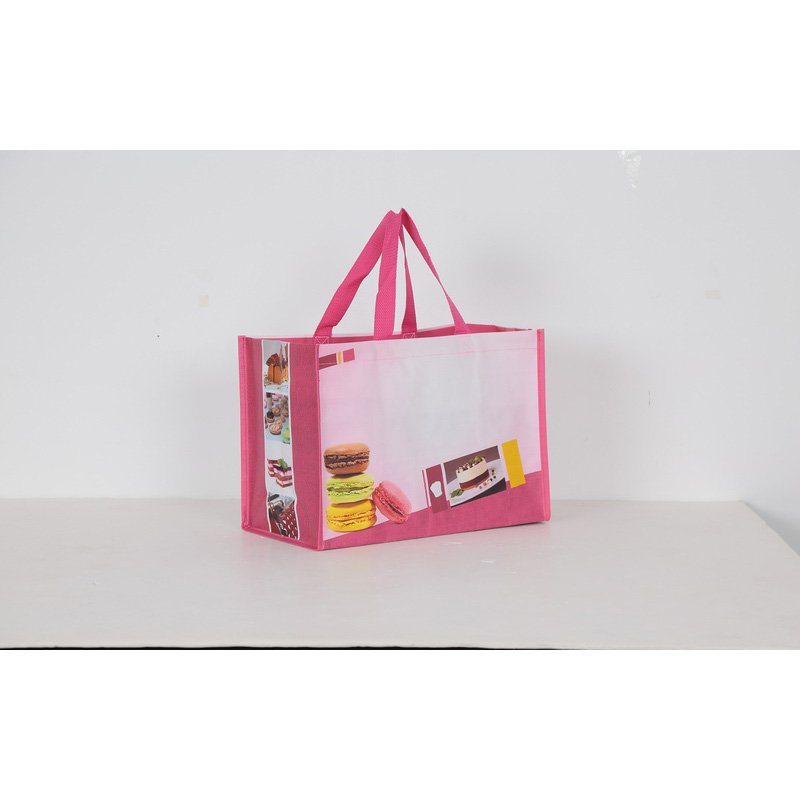In recent years, there has been a growing awareness of environmental issues and a heightened focus on sustainable living. As a result, both consumers and companies are looking for environmentally responsible alternatives to daily items. The usage of non-woven bags is one such popular option. In this article, we will explore why non-woven bags are considered an eco-friendly choice and how they contribute to a more sustainable future.
Biodegradability And Decomposability
Non-woven bags are crafted from materials that exhibit either biodegradable properties or the ability to decompose relatively quickly. Unlike conventional plastic bags, notorious for their persistence in the environment, non-woven bags break down into natural components. Cotton and polyester, which are often used in non-woven bags, encourage a speedier disintegration process. This property guarantees that non-woven bags have a substantially lower environmental impact than their plastic equivalents.
Moreover, the biodegradability of non-woven bags means that they do not contribute to the long-term pollution of ecosystems. Reduced reliance on nonrenewable resources for bag manufacture coincides with sustainable living ideals and contributes to addressing the worldwide crisis of plastic pollution.
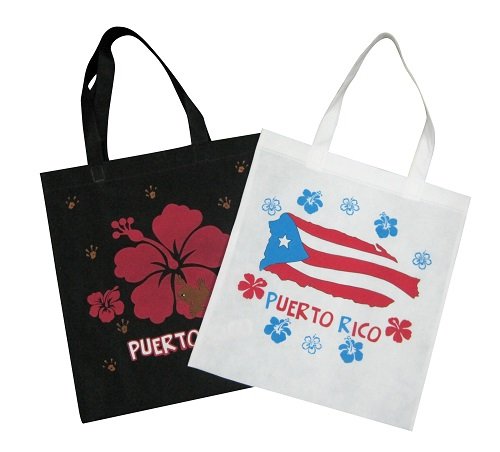
Reusable Nature
Reusability is a distinguishing quality of non-woven bags. Non-woven bags can sustain numerous uses, unlike regular plastic bags, which are normally destroyed after a single use. This reusability not only makes non-woven bags a practical choice for consumers but also significantly reduces the volume of single-use plastic entering landfills and water bodies.
Individuals and companies may help reduce plastic waste and the overall environmental effect of disposable products by encouraging the use of non-woven bags. The simple act of choosing a reusable bag has far-reaching implications for waste reduction, resource conservation, and the promotion of a circular economy.
Reduced Resource Consumption
Non-woven bag manufacture is often more resource-efficient than regular plastic bag production. Manufacturing processes frequently use less energy and water, which contributes to a reduced carbon footprint. Additionally, the use of recycled materials in non-woven bag production further lessens the demand for virgin resources, conserving valuable raw materials and reducing the environmental strain associated with extraction and processing.
Consumers and businesses actively participate in a more sustainable approach to resource utilization by opting for non-woven bags. This decision is consistent with the ideals of responsible consumption and production, both of which are critical components of worldwide efforts to combat climate change and environmental degradation.
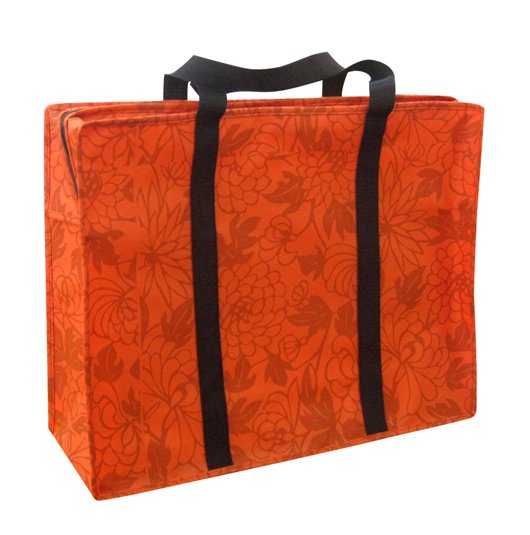
Versatility In Design And Printing
Non-woven bags provide a diverse canvas for innovative and eye-catching patterns. Eco-conscious businesses and people may use non-woven bags' esthetic attractiveness to express messages of sustainability and environmental awareness. The ability to print vibrant and informative designs on these bags turns them into mobile platforms for spreading messages about eco-friendly practices.
The aesthetic appeal of non-woven bags contributes to their popularity and encourages individuals to choose reusable options consciously. This feature elevates non-woven bags beyond their basic utility, transforming them into symbols of ecologically aware decisions.
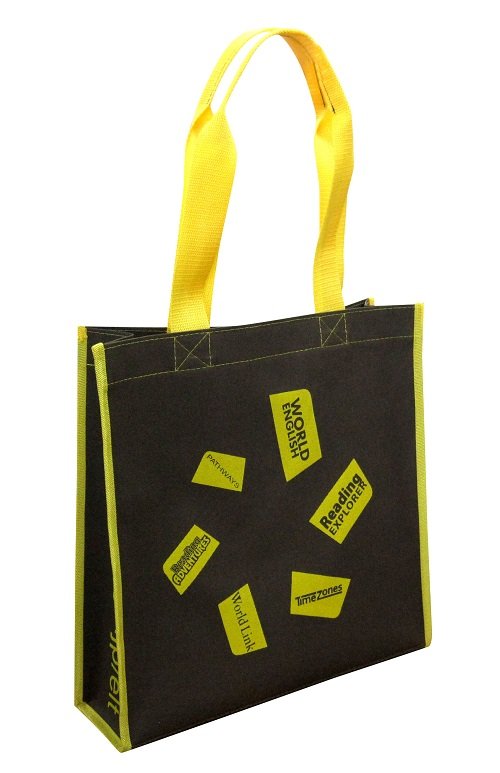
Resistance To Wear And Tear
The durability and resistance to wear and tear exhibited by non-woven bags add another layer to their eco-friendly profile. A longer lifespan means these bags require fewer replacements, reducing the overall demand for new bags and the resources consumed in their production. The longer usage of non-woven bags accords with sustainability objectives by supporting items that stand the test of time.
By choosing non-woven bags that can withstand daily wear and tear, consumers contribute to the reduction of waste generated by disposable items. This longevity, combined with the other environmentally beneficial features of non-woven bags, makes them a practical and responsible solution for individuals looking to reduce their environmental impact.
Conclusion
Non-woven bags have arisen as an admirable alternative to standard plastic bags, providing a slew of eco-friendly advantages. As a leading non woven supplier, Neway specializes in various shopping bags including non woven bags. We want the bag to be eco-friendly and reusable. Therefore, if you are interested in it, please contact us for more details now!
FAQs
1. Are non-woven bags truly biodegradable, and how long does it take for them to decompose?
Non-woven bags are designed with biodegradability in mind, especially when made from natural fibers like cotton or polyester. The decomposition time can vary depending on environmental conditions, but generally, non-woven bags break down more quickly than traditional plastic bags. While plastic bags can take hundreds of years to decompose, non-woven bags made from biodegradable materials can break down within a few months to a few years, significantly reducing their environmental impact.
2. How do non-woven bags contribute to reducing single-use plastic waste?
Non-woven bags stand out as an eco-friendly choice due to their reusable nature. Unlike single-use plastic bags, non-woven bags are durable and can withstand multiple uses. This inherent reusability reduces the demand for single-use plastic bags, decreasing the volume of plastic waste entering landfills and oceans. By encouraging the adoption of non-woven bags, individuals and businesses actively contribute to the reduction of single-use plastic, promoting a more sustainable and waste-conscious society.
3. Can you elaborate on the environmental benefits of using recycled materials in non-woven bag production?
The use of recycled materials in non-woven bag production offers several environmental benefits. By incorporating recycled content, these bags contribute to resource conservation and reduce the reliance on virgin materials. The production process for recycled materials often consumes less energy and emits fewer greenhouse gases compared to producing new materials. Choosing non-woven bags made from recycled content aligns with the principles of circular economy and sustainable resource management, making them an environmentally responsible choice for consumers and businesses alike.


